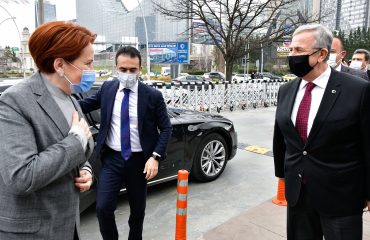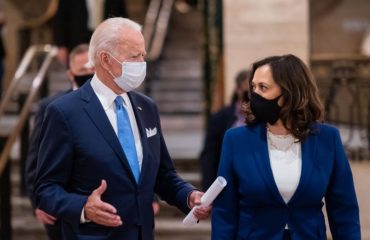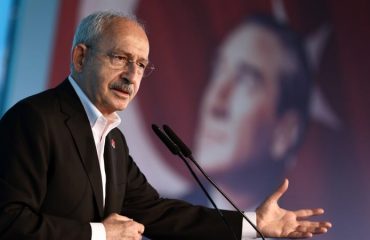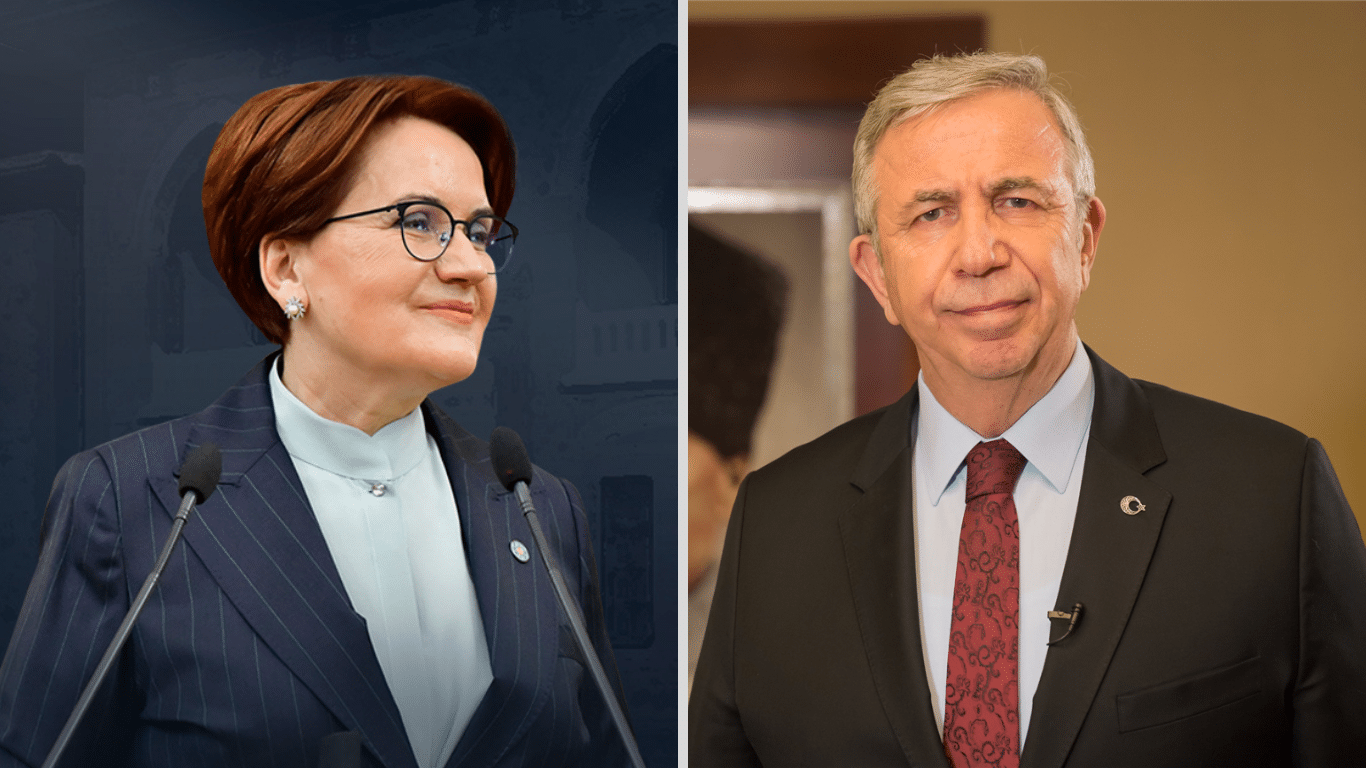
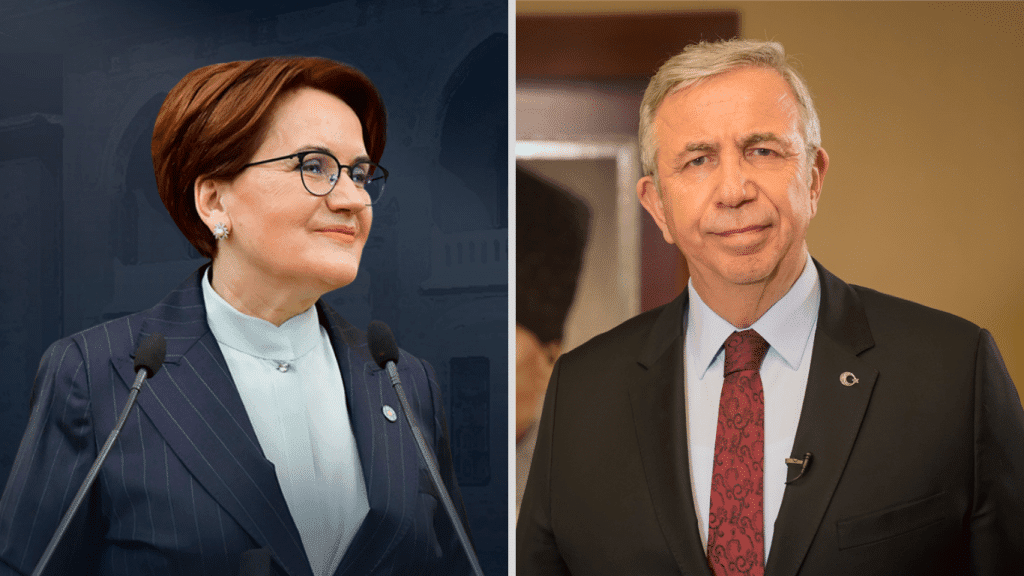
Neither nature nor politics is fond of a void; they fill it right away. We saw an example of this at the EcoClimate Summit-Fair, which was held in Ankara on March 30. You may ask what is this summit-fair; I am going to explain it shortly, but first, I would like to draw attention to the close interest that the ruling Justice and Development Party (AKP) officials shown to the opposition Republican People’s Party (CHP) Ankara Mayor Mansur Yavaş.
The Economy and Climate Change (EcoClimate) program organized by the Ankara Chamber of Commerce (ATO) and Ankara City Council was held at the ATO Congressium centre. Most of the attendees to the event, which was quite crowded, were students; they thought it was an environmental awareness meeting. Everyone was ready, but the program would not start on time. A participant next to me asked, “Why is it still not starting?”; “Most probably, we are waiting for a minister,” I said. After a while, Industry and Technology Minister Mustafa Varank entered the hall, accompanied by applause and whistles from the back row of the conference hall. The AKP members obviously had already taken their place in the hall. First, he greeted Yavaş, whom he saw as the host, then to the others, and that’s when the program started
AKP’s interest in Yavaş
However, the close interest of AKP members in Yavaş was not limited to Varank. Vedat Bilgin, Minister of Labor and Social Security, and Mehmet Kasapoğlu, Minister of Youth and Sports, were also there. To the left of Yavaş was Fatma Şahin, the President of the Union of Municipalities and Gaziantep Mayor of the AKP. When we look at the program, we can see that the percentage of the AKP mayors outweighed the one of the opposition. Except for CHP Hatay Mayor Lütfü Savaş, all other mayors were from AKP, but the one who announced Turkey’s first Climate Action Plan was Ekrem İmamoğlu, the Mayor of Istanbul Metropolitan Municipality.
I could not see any non-governmental organization representing environmental awareness or representatives from, for example, the Chamber of Environmental Engineers in the event. The aim of the fair seemed to be “Now let’s make money from the environment”. The special interest France shows to the fair, as a country that stands out in terms of purification technologies, is understandable in this respect.
It would be unfair to attribute the guest selection to Yavaş. But the AKP’s interest in Yavaş must be related to the fact that he is among the candidates that the opposition might nominate against President Tayyip Erdoğan in the 2023 elections.
Akşener’s centre-right claim
The AKP’s interest in Yavaş shows a growing energy accumulation within the political space in Ankara. Interestingly, this energy accumulation revealed itself in the İYİ Party on March 30.
“We will elect the 13th President of Turkey, and I will be the future prime minister,” said İYİ Party leader Akşener at her party’s parliamentary group meeting with self-confidence.
Then it was announced that she removed the chairman responsible for the party organization Koray Aydın, one of the hawks, from his post and attached that leadership under her helmet along with Youth Branch and Political Academy.
Aydın still has an important place in the party’s executive board as the Chairman of Political Affairs, but the fact that Akşener is taking responsibility for these organizational branches indicates that she wants to control the party doctrine, training of the new cadres and organizational activities before the election. Another indicator of this is that she also took the chairmanship of election affairs from Mehmet Tolga Akalın, who is also considered one of the hawks of the nationalist wing and gave it to Şenol Sunat who has an academic background.
Meral Akşener puts an effort to place the İYİ Party on the centre-right and even position it in a place similar to Süleyman Demirel’s Justice Party, which was prominent in the 1960s and 1970s in the Turkish political scene.
Justice Party interest
We can trace her aim in other activities. For example, Yavuz Ağıralioğlu, one of the hawks of the İYİ Party, was excluded from the Presidency Council.
At the same time, Ayfer Yılmaz, who was Akşener’s advisor in the establishment of the party, but remained in the background because of the reaction of the hawks, became a member of the Presidency Council. The entry of economist Ayfer Yılmaz, who Akşener worked with at the True Path Party (DYP) in the 1990s and is considered a member of the liberal group in the party, supports the centre-right claim.
Akşener suspended the chairmanship of the environment and nature and women’s branches to restructure them. She had previously stated that her goal was to bring the party to the line of urban, faith-respecting but secular Atatürk nationalism instead of “lumpen nationalism”. It is also known that she talked about Demirel’s Justice Party outlook at various meetings.
Is it a realistic claim?
Süleyman Demirel’s Justice Party was closed down after the military coup of September 12 1980. It had given birth to Necmettin Erbakan’s Islamist National Outlook movement (Milli Görüş) and weakened Alparslan Türkeş’s Nationalist Movement Party (MHP) before it was closed. Following the coup, the Motherland Party (Anavatan Partisi) and True Path Party (Doğru Yol Partisi) has emerged from the AP legacy.
Akşener’s target seems to be the CHP-AP coalition of the past, but for this, İYİ Party needs to grow even more. For the İYİ Party to grow, it needs to turn to the AKP base rather than the CHP base, especially the AKP’s urban, educated, conservative and nationalist base that attaches importance to women’s rights environmental rights but is uncomfortable with corruption allegations. Without this ideological ground, it would not be easy for her to expand her claim to the centre-right.
The fight continues on the centre-right. We can regard the AKP’s interest in Yavaş within this framework.
There is another crucial detail in the Akşener operation. If Şenol Sunat represents the İYİ Party in the opposition’s working group to be formed in accordance with the decisions of the March 27 meeting of the Six-Party coalition, she will be the only female politician in the joint delegation – for now. Maybe it will set an example for other parties.
